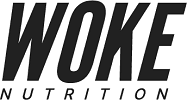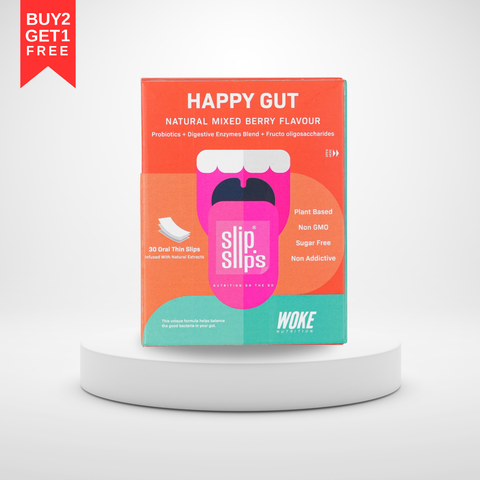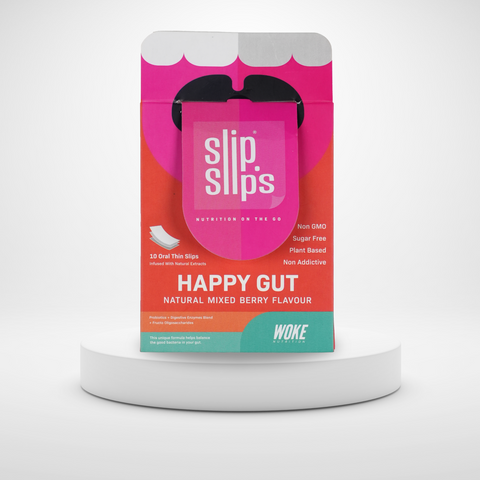The Importance of Fortified Foods for Vitamin D Intake
In today's fast-paced world, where hectic schedules and indoor lifestyles are increasingly common, ensuring adequate intake of essential nutrients like vitamin D can be a challenge. Vitamin D plays a crucial role in maintaining bone health, supporting immune function, and regulating mood. While sunlight is a primary source of vitamin D, fortified foods can also play a significant role in meeting daily requirements. This blog explores the importance of fortified foods as sources of vitamin D and highlights some key examples.
Understanding Fortified Foods
Fortified foods are products that have essential nutrients added to them that may not naturally occur in significant amounts. In the case of vitamin D, fortification is particularly important because few foods naturally contain this vitamin in substantial quantities. Fortified foods provide a convenient and reliable way to increase intake, especially for individuals who may have limited sun exposure or dietary restrictions.
Fortified Food Sources of Vitamin D
1. Milk: One of the most common sources of fortified vitamin D is milk. Many dairy products, including cow's milk, are fortified with vitamin D to help support bone health and overall well-being.
2. Soy Milk: For those who are lactose intolerant or follow a plant-based diet, soy milk fortified with vitamin D can be an excellent alternative to traditional dairy products.
3. Butter: Some brands of butter are fortified with vitamin D, offering a simple way to incorporate this essential nutrient into everyday meals.
4. Margarine: Certain margarine products are fortified with vitamin D, making them a convenient option for those looking to boost their intake of this vital vitamin.
5. Cereals: Breakfast cereals are often fortified with a variety of nutrients, including vitamin D. Choosing fortified cereals can be a tasty and practical way to increase your daily vitamin D intake.
Example: The Impact of Fortified Foods on Vitamin D Levels
Consider the story of Prashanth, a busy professional who spends most of his days indoors due to his demanding job. Concerned about his vitamin D levels, Prashanth started incorporating fortified foods into her diet. By regularly consuming fortified milk, soy milk, and cereals, Prashanth noticed a significant improvement in her energy levels and overall well-being. A simple adjustment to his diet helped Prashanth meet his vitamin D requirements and feel more vibrant and healthy.
Citations and Further Reading
- National Institutes of Health - Office of Dietary Supplements: [Vitamin D Fact Sheet for Health Professionals](https://ods.od.nih.gov/factsheets/VitaminD-HealthProfessional/)
- Harvard T.H. Chan School of Public Health: [The Nutrition Source - Vitamin D](https://www.hsph.harvard.edu/nutritionsource/vitamin-d/)
- Mayo Clinic: [Vitamin D - What Should You Know?](https://www.mayoclinic.org/healthy-lifestyle/nutrition-and-healthy-eating/expert-answers/vitamin-d/faq-20058108)
In conclusion, fortified foods are valuable sources of vitamin D that can help individuals meet their daily requirements and support overall health. By incorporating fortified milk, soy milk, butter, margarine, and cereals into your diet, you can ensure adequate intake of this essential nutrient, even in the absence of abundant sunlight exposure. Remember, a balanced diet that includes a variety of fortified foods can go a long way in promoting optimal health and well-being.
















Comments (0)
There are no comments for this article. Be the first one to leave a message!